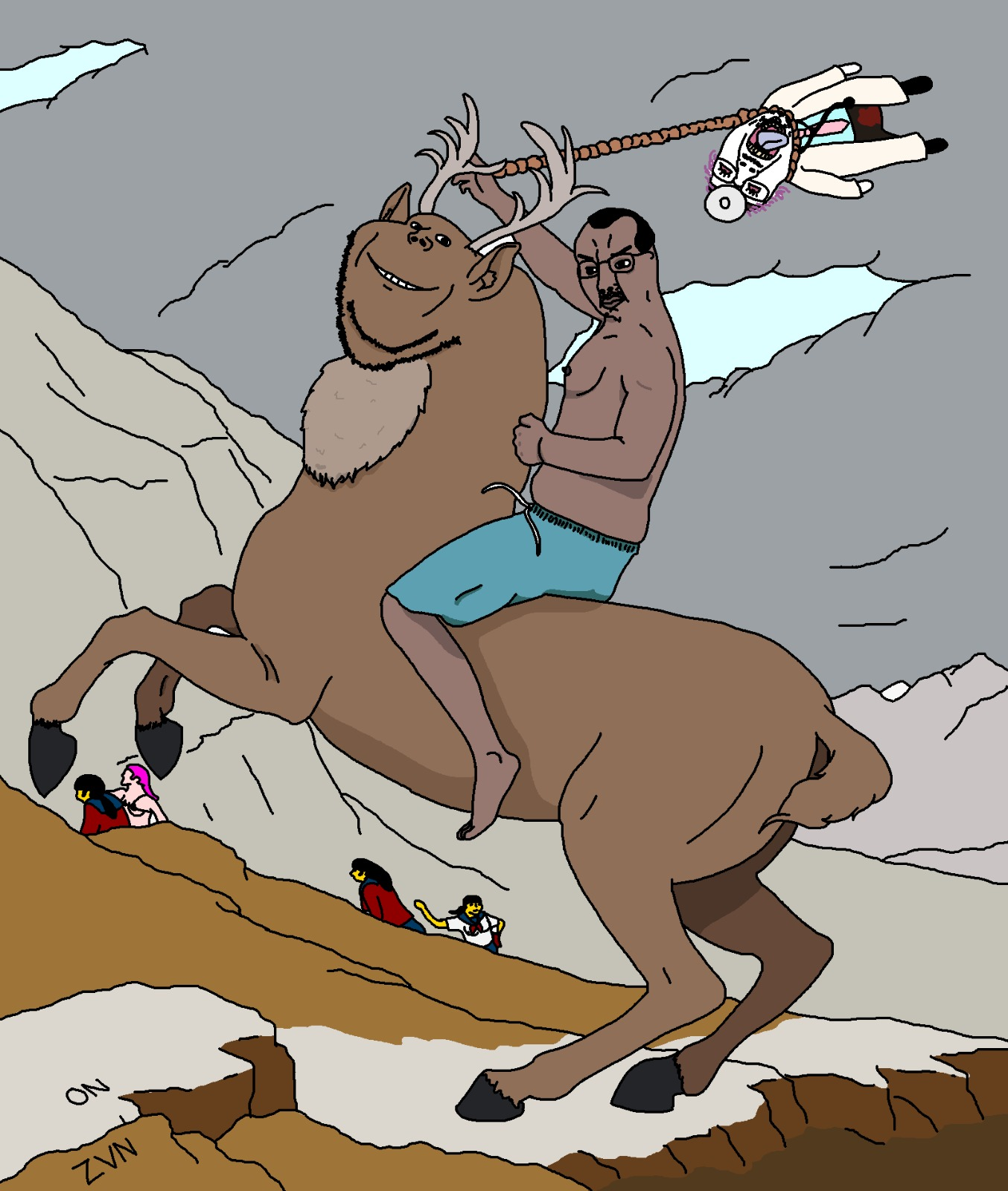IP 18.217.93.250 has been banned until the end of time because of VPN Detected
If you couldn't possibly be guilty of what you're banned for, the person we banned probably had a dynamic IP address and so do you.
See http://whatismyipaddress.com/dynamic-static for more information.
Image

Commenting
Comment Formatting Options
Want to report a comment? Report the post itself with relevant details.
Advertisement
 SoyBooru
SoyBooru
Colombia's faltering peace process collapsed amid acrimony earlier this year, and since then the leftist rebels have stepped up their 38 year campaign against the government. The country has also experienced an upsurge in fighting in recent months between the guerrillas and right wing paramilitary groups, who are both seeking to dominate Colombia's lucrative drugs trade. Colombia's health minister, Juan Luis Londoño, recently informed the national congress that armed groups are deliberately destroying health services to eradicate the presence of the state in areas under their control. “They are burning all the ambulances and forcing the directors out of the hospitals,” the minister said. “Around 20% of the country is now out of bounds for ambulances.” The threats against medical staff are seriously affecting national immunisation and mosquito eradication programmes, while it is also often impossible for doctors to refer rural patients to hospitals because they cannot safely be transported by an ambulance. On several occasions guerrillas belonging to the leftist Revolutionary Armed Forces of Colombia, known by its Spanish acronym FARC, have stopped ambulances to kill the patients inside. In one of the most notorious cases this year guerrillas dynamited a bridge in the department of Antioquia just as an ambulance was passing over it. The vehicle fell into a river below, killing a 23 year old woman who was in labour, her sister, a nurse, and the driver. Several guerrilla groups have kidnapped doctors and detained them permanently to treat the members of the group, and doctors must also contend with the comrades of wounded combatants, who demand special treatment and often threaten to kill the attending doctor if he or she does not save their comrade. “Sometimes they virtually demand that we bring the dead back to life,” one doctor from Medellín told investigators. “This pressure is one of the most degrading aspects of the conflict.”